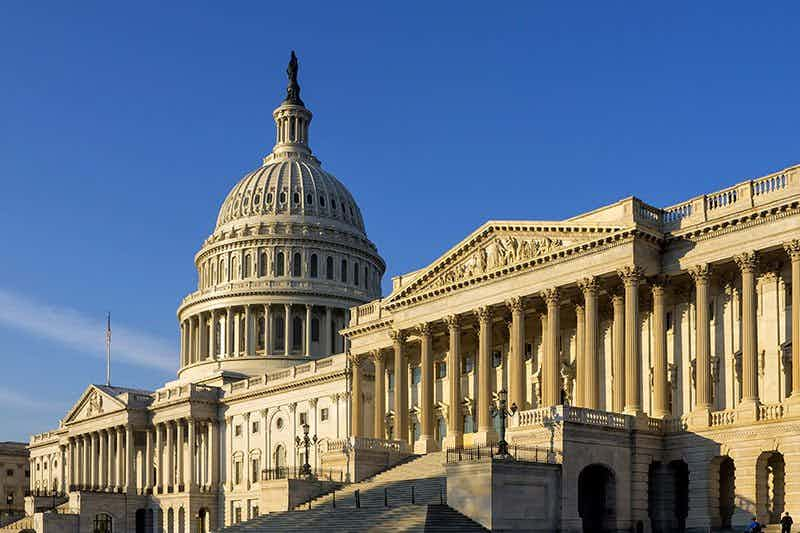A new House bill would require the FDA to update its vaping product enforcement guidance to specify “how the agency will prioritize enforcement against disposable ENDS products.” The bill was introduced last week by Representative Sheila Cherfilus-McCormick, and has been assigned to the House Energy and Commerce Committee.
“As the mother of two children and a former healthcare executive, I am pleased to introduce this critical legislation,” said Rep. Cherfilus-McCormick, a Democrat serving South Florida’s 20th congressional district. “I am calling on the Biden Administration to close this harmful loophole for the sake of our youth and to put an end to this national epidemic.”
HR 901 is not a flavor or disposable vape ban
The bill, HR 901, wouldn’t ban disposable vapes or give the FDA additional authority, but it would apply pressure on the agency to take enforcement actions against the disposable vapes that are now the most popular vaping products in the convenience store/gas station segment of the vaping products market.
In a Republican-controlled House, Cherfilus-McCormick’s bill has little chance of advancing. But groups like the Campaign for Tobacco-Free Kids will use the bill as a wedge to pressure the FDA to increase enforcement against disposables—a stepping-stone toward TFK's preferred policy: an outright ban on all flavored vaping products.
The push for new FDA guidance specifically listing disposable vapes as a high priority for enforcement has support among tobacco control groups, Democrats in Congress, and even tobacco companies.
Last week, tobacco giant R.J. Reynolds filed a formal FDA citizen petition asking the agency to prioritize enforcement against disposable vapes. Reynolds’ tobacco- and menthol-flavored Vuse e-cigarettes can’t compete with the more effective disposable vapes that are sold in popular flavors.
On Feb. 6, Former Democratic House member Jason Altmire published an opinion article in The Hill urging the Biden administration to “close the loophole” in enforcement. The Hill article, the R.J. Reynolds citizen petition, and the introduction of Rep. Cherfilus-McCormick’s bill all happened within a three-day period.
The loophole that never was
The so-called “disposable loophole” refers to the FDA’s 2020 enforcement guidance, which exempted some disposable vaping products from priority enforcement.
As we explained at the time, the exemption for disposable products only included otherwise compliant products like the NJOY Daily and blu disposables. The FDA specifically said in its enforcement document, “As with FDA’s prior compliance policies on deemed new tobacco products that do not have premarket authorization, this guidance document does not apply to any deemed product that was not on the market on August 8, 2016.” In other words, products that entered the market after 2016 would remain enforcement priorities.
The popular flavored disposables began entering the market in 2019. They were in violation of FDA rules from the start, as the FDA explained when it ordered Puff Bar off the market.
Nothing is preventing the agency from taking the same action now that it did against Puff Bar in 2020. Disposable products that arrived after either the original 2020 premarket tobacco application (PMTA) deadline, or the 2022 application deadline for synthetic nicotine vaping products are not protected against FDA enforcement action, unless they have PMTAs still under consideration, or have a stay of enforcement issued by the FDA or a federal court.

Jim McDonald
Vaping for: 13 years
Favorite products:
Favorite flavors: RY4-style tobaccos, fruits
Expertise in: Political and legal challenges, tobacco control haters, moral panics
Jim McDonald
Smokers created vaping for themselves without help from the tobacco industry or anti-tobacco crusaders, and I believe vapers and the vaping industry have the right to continue innovating to give everyone who wants to use nicotine access to safe and attractive non-combustible options. My goal is to provide clear, honest information about vaping and the challenges nicotine consumers face from lawmakers, regulators, and brokers of disinformation. You can find me on Twitter @whycherrywhy


